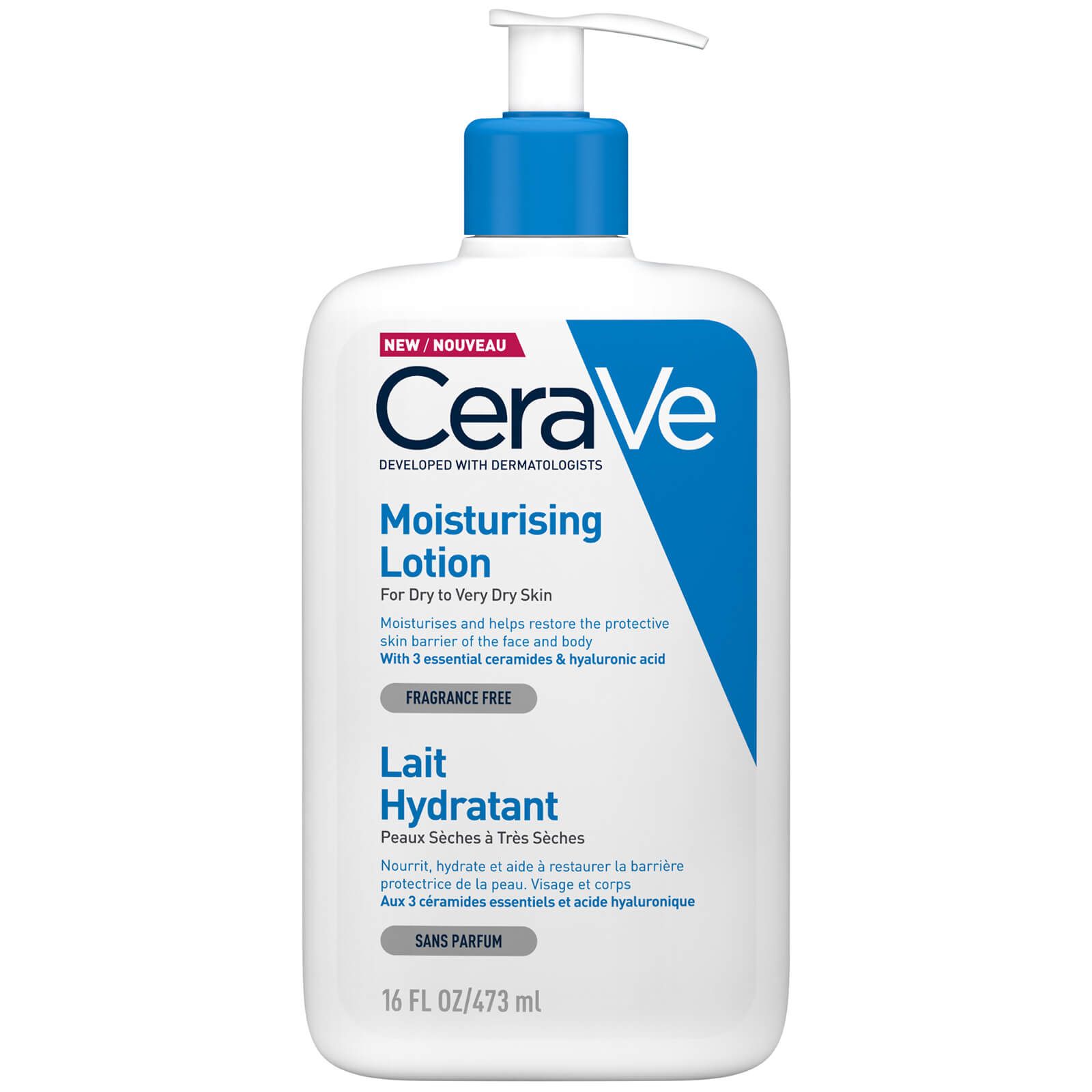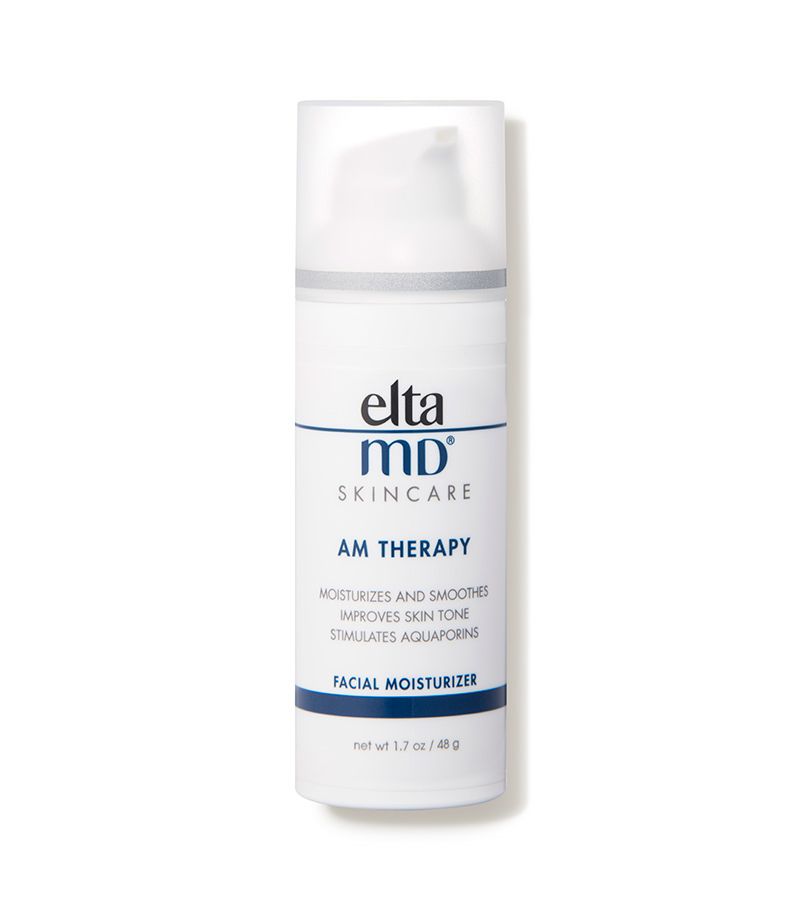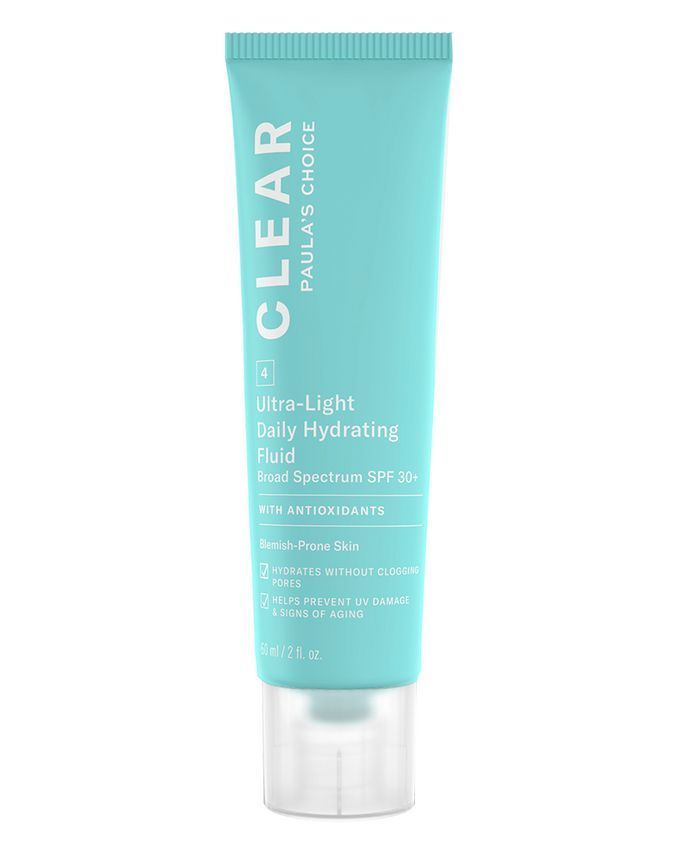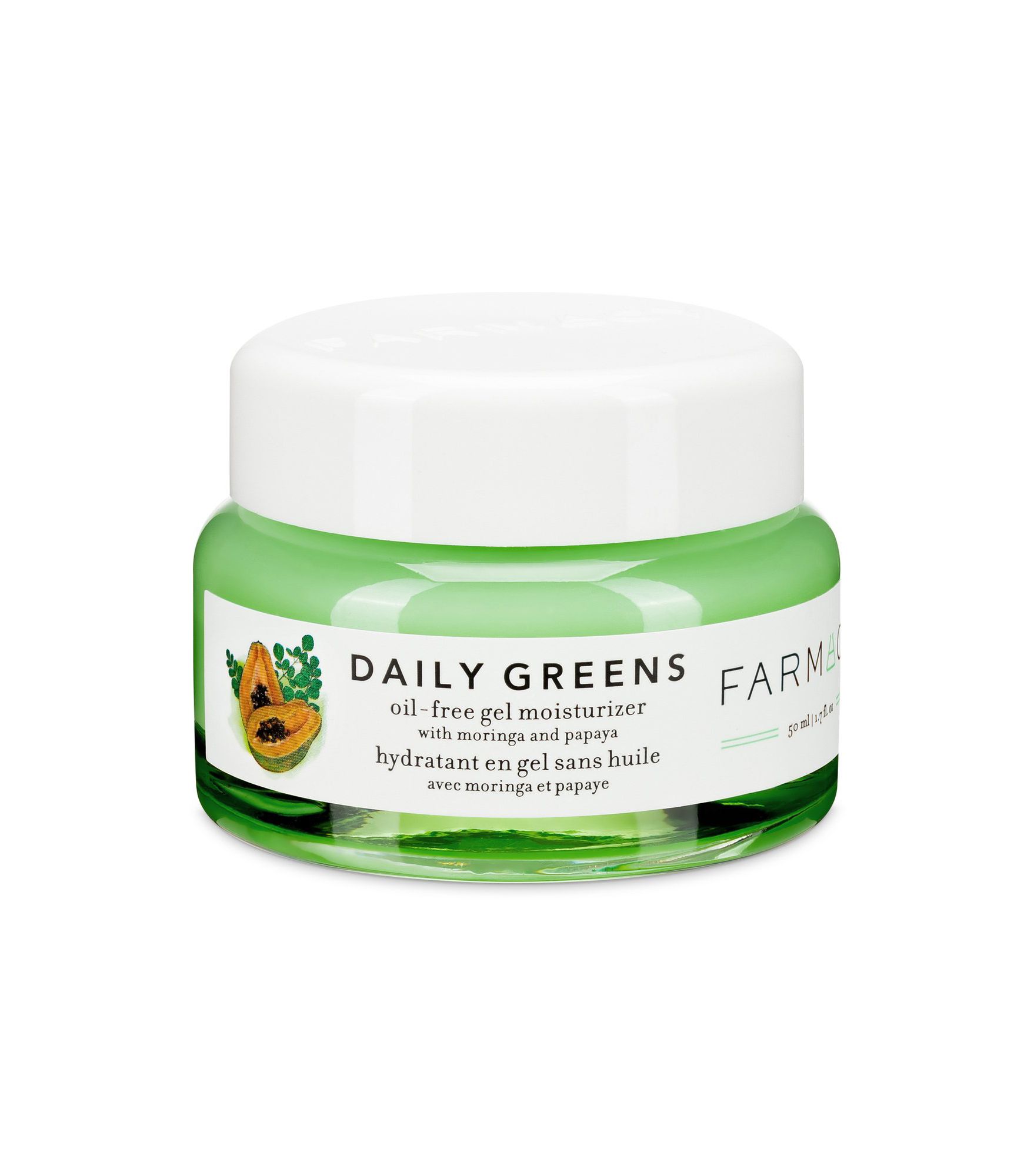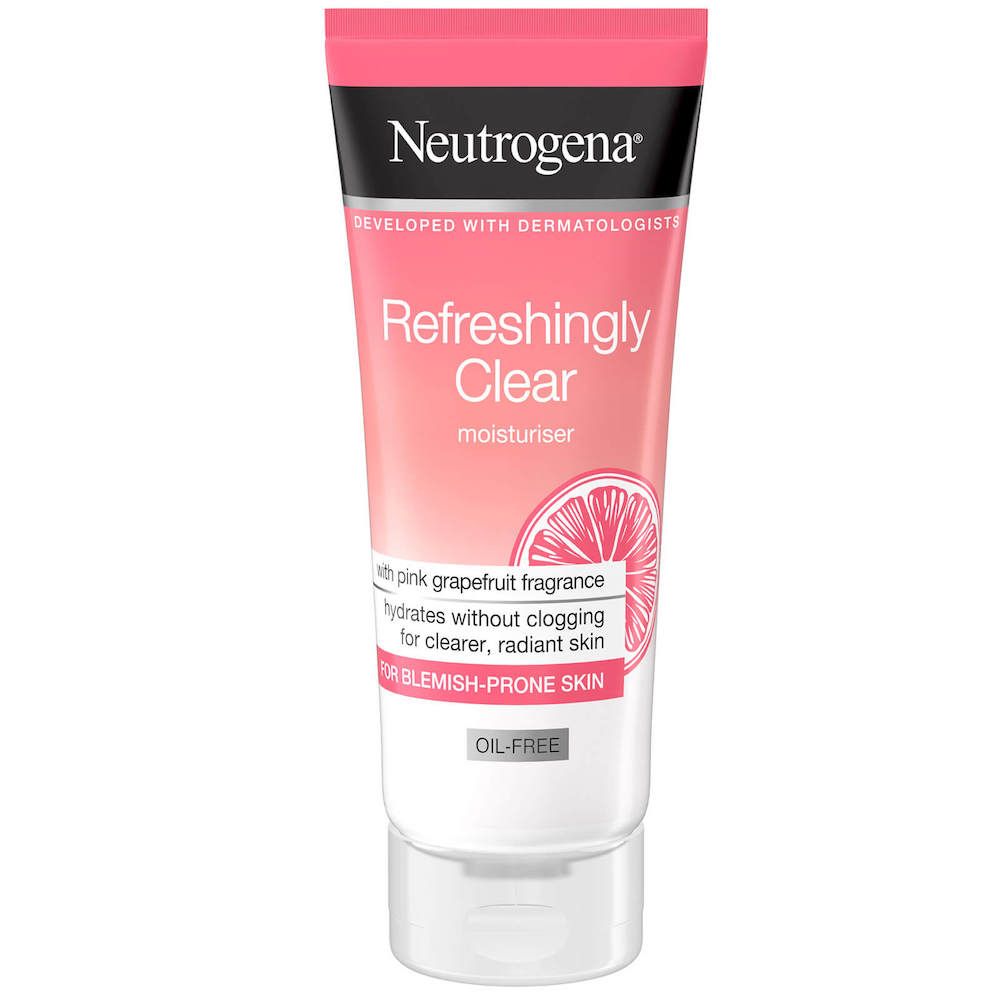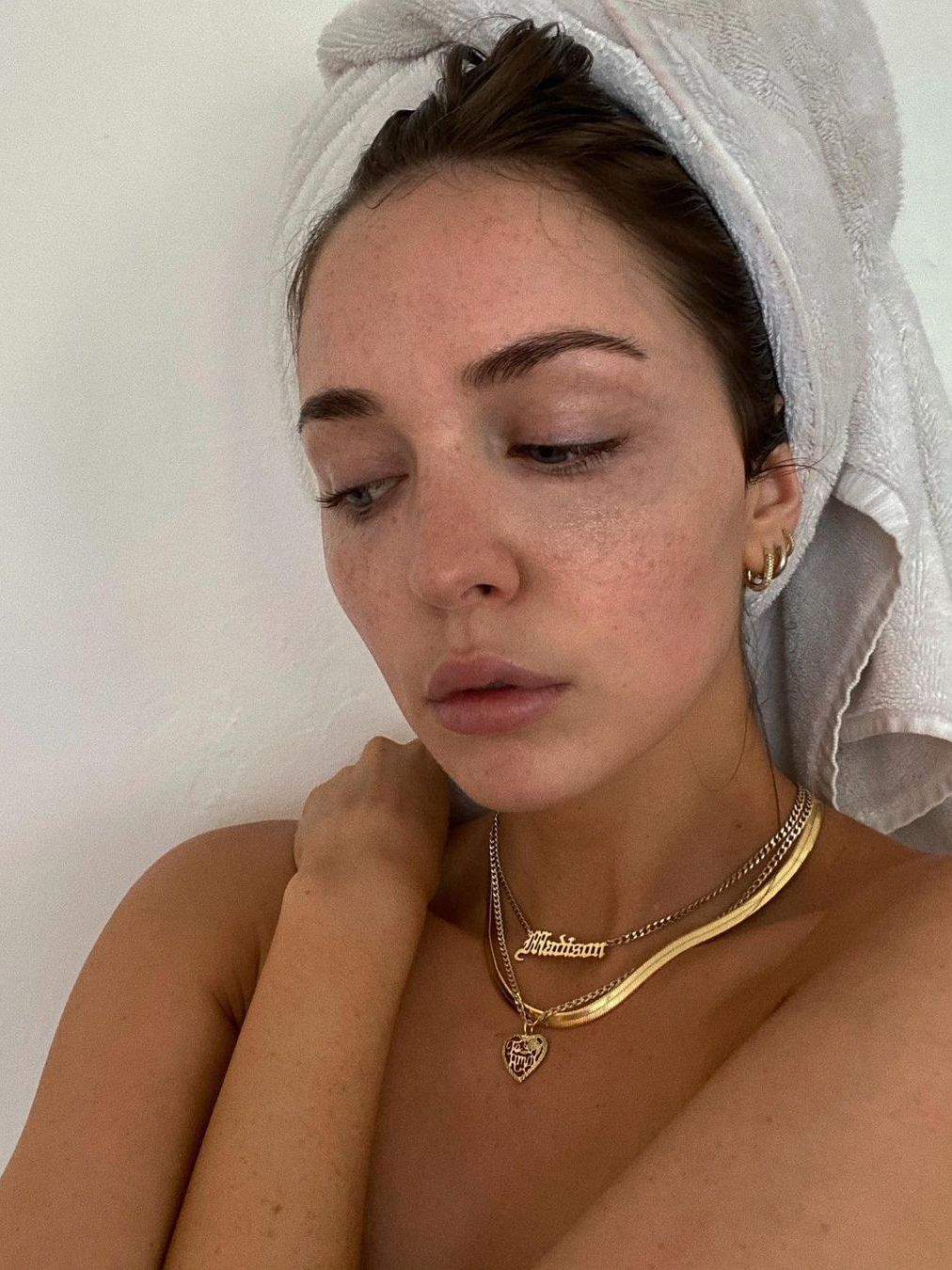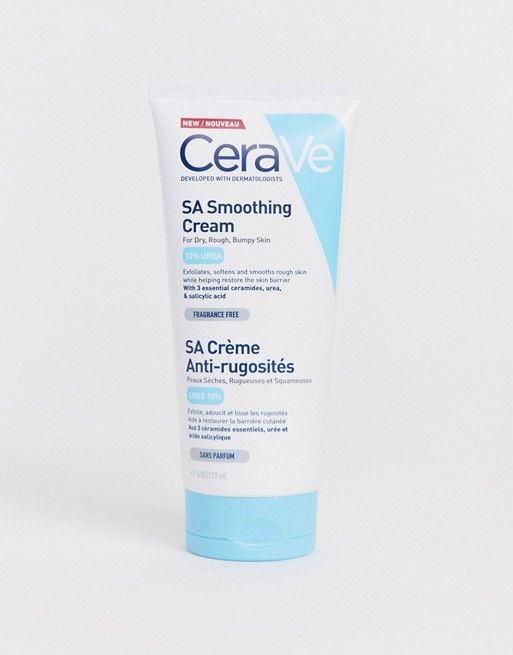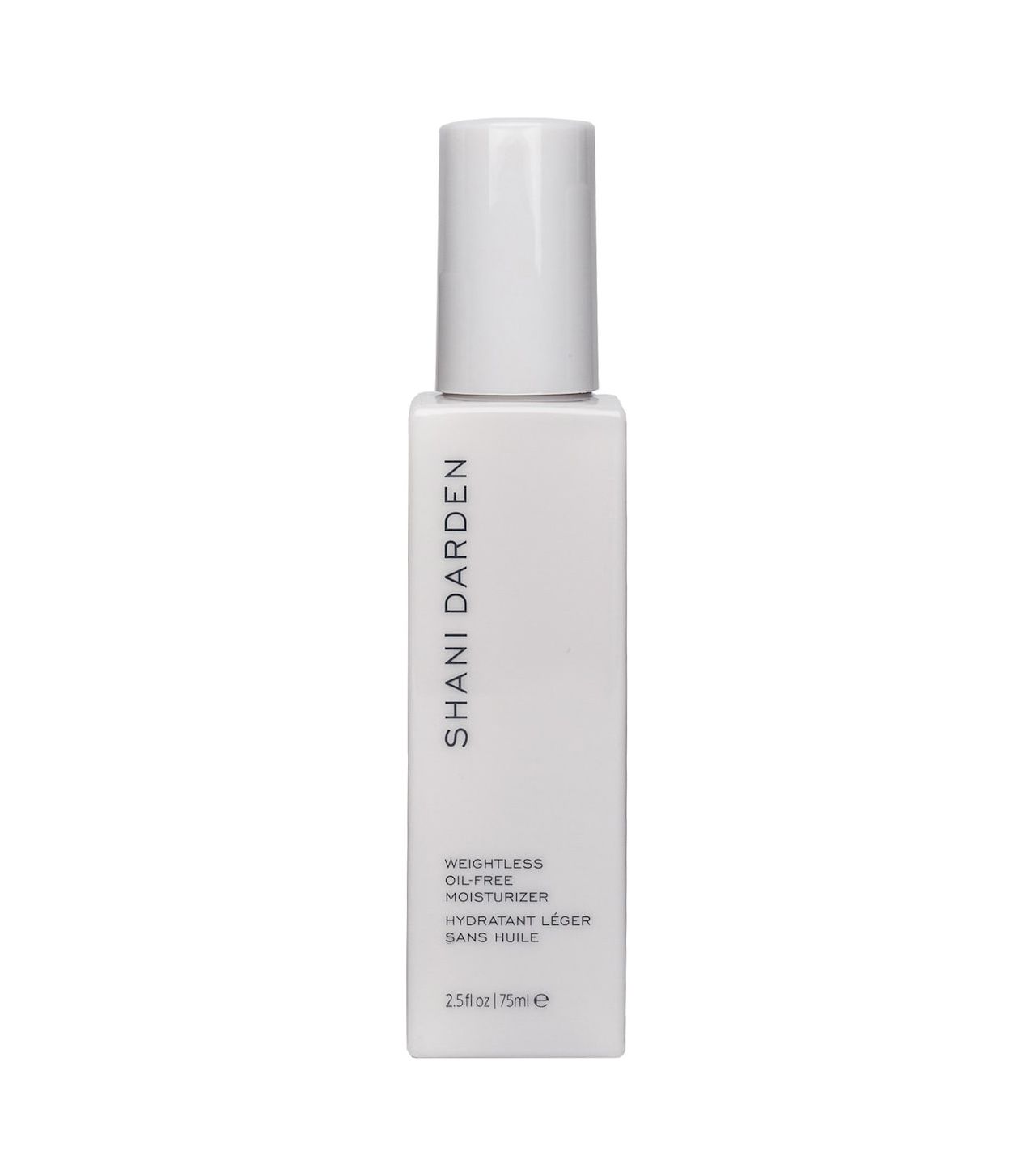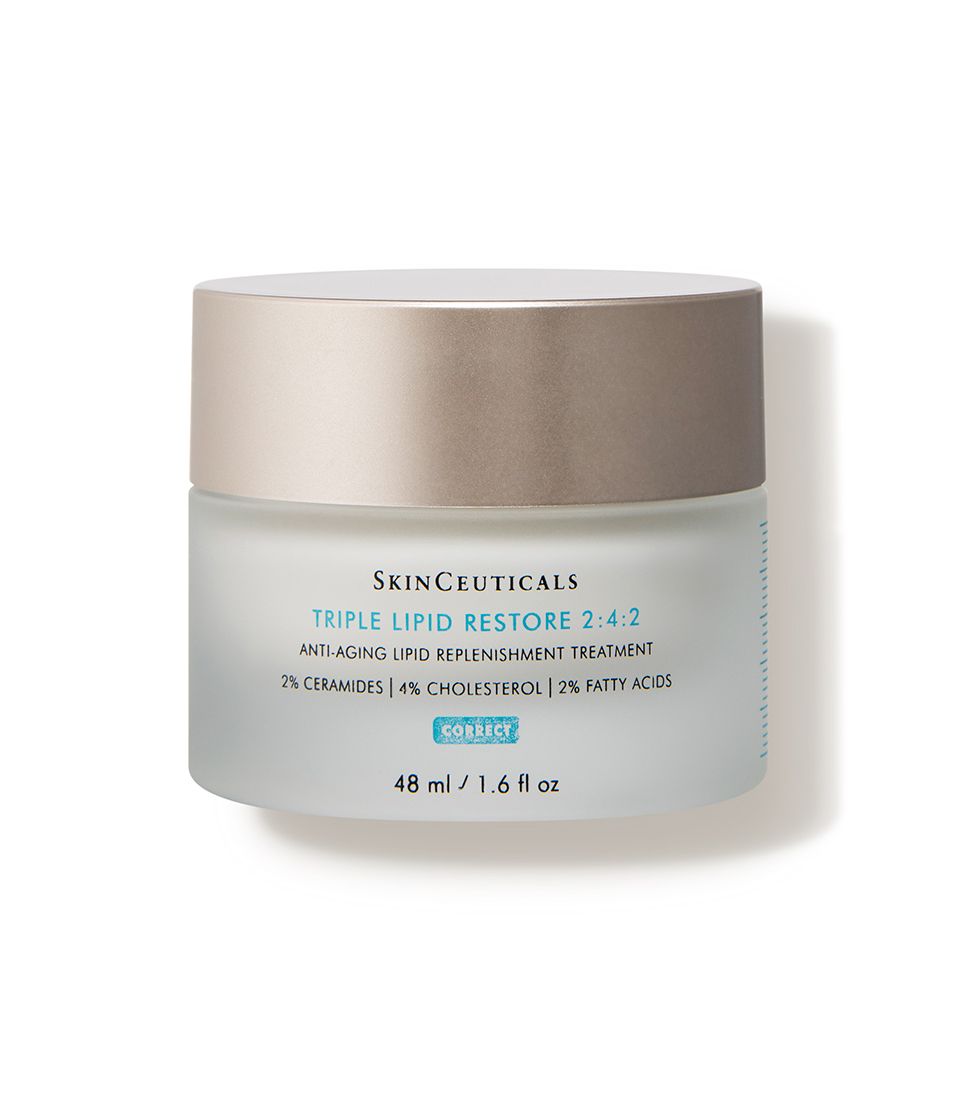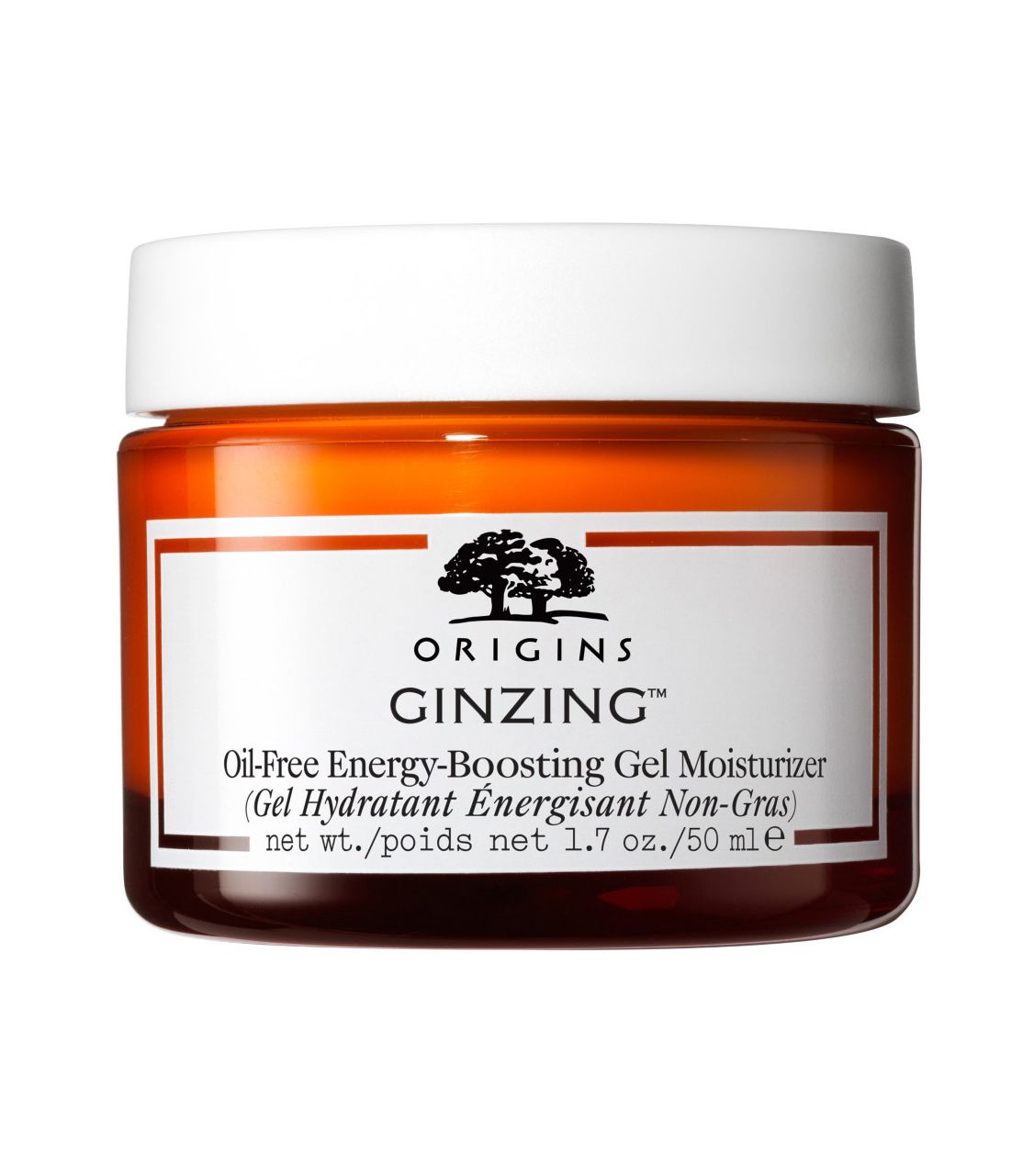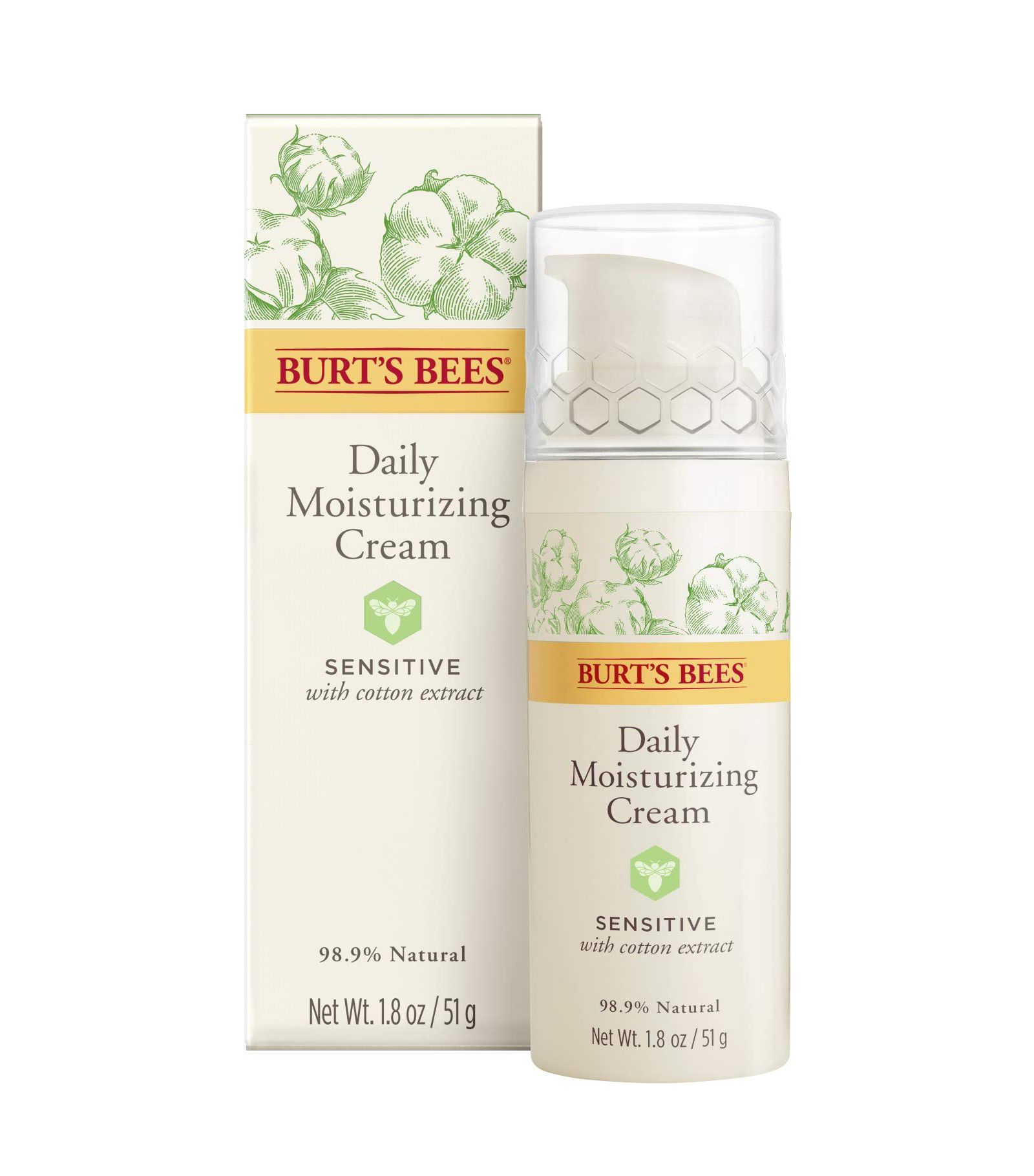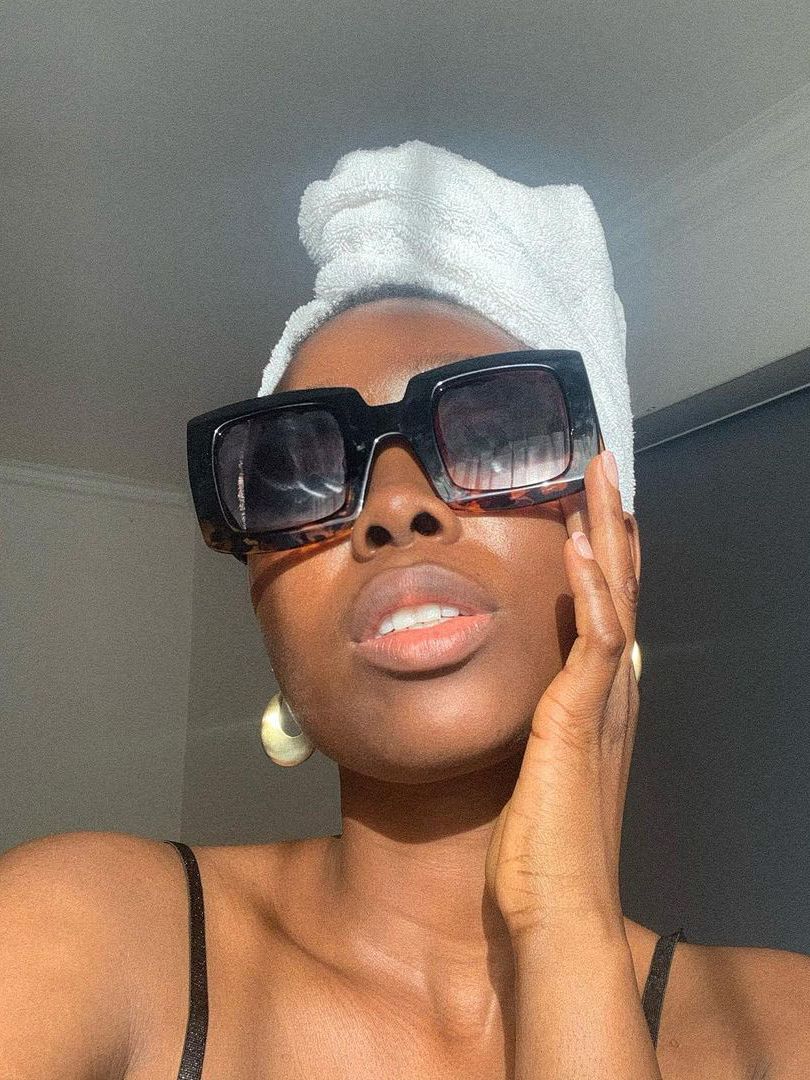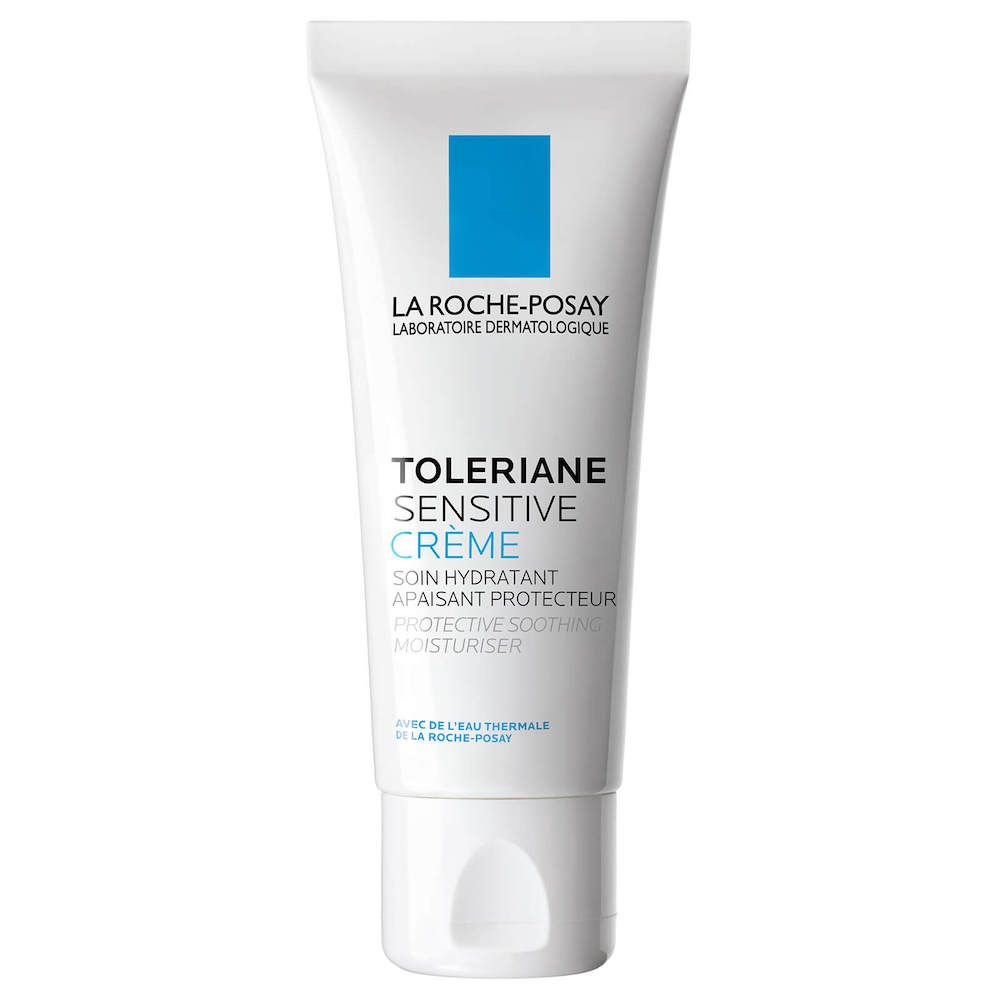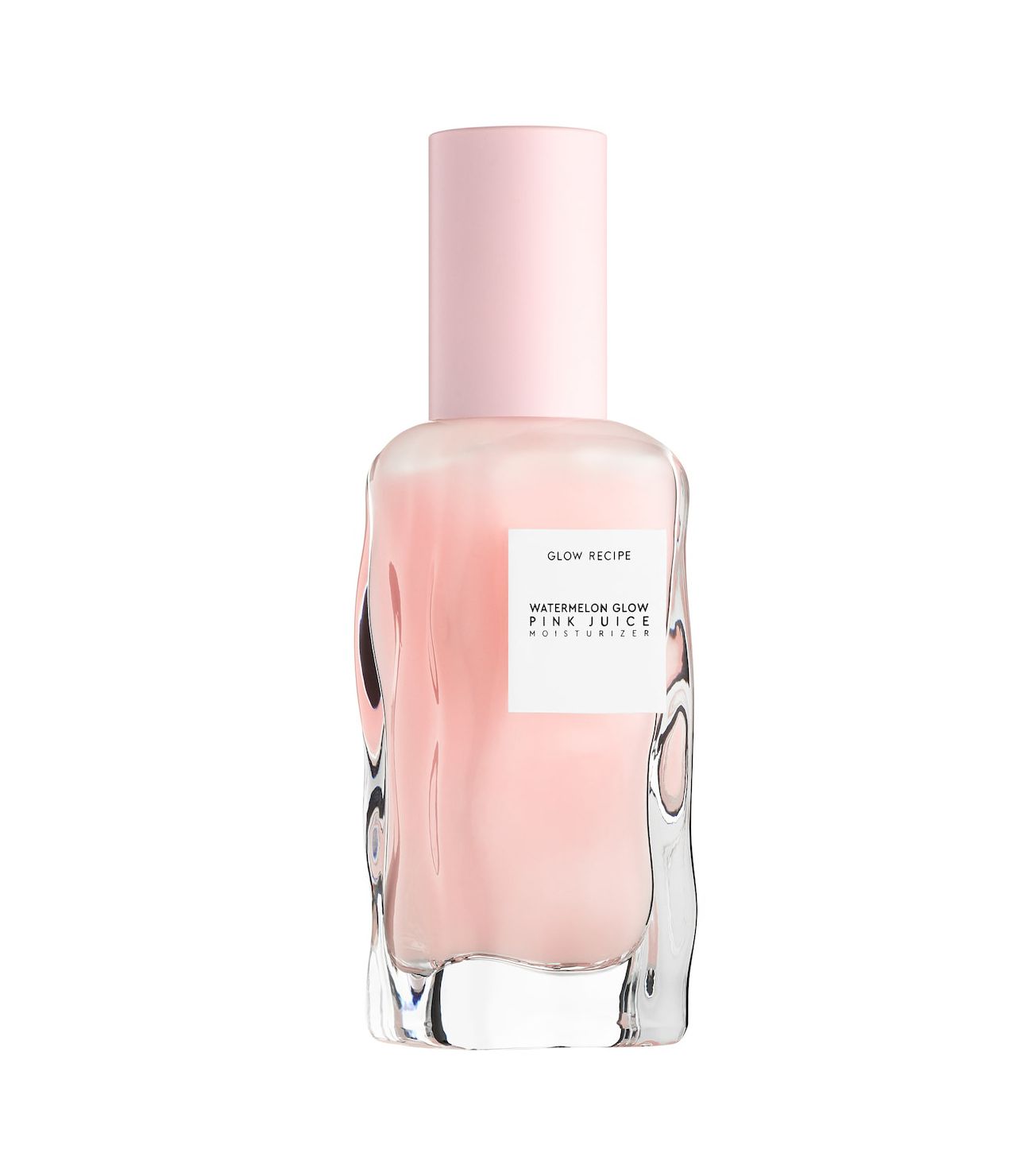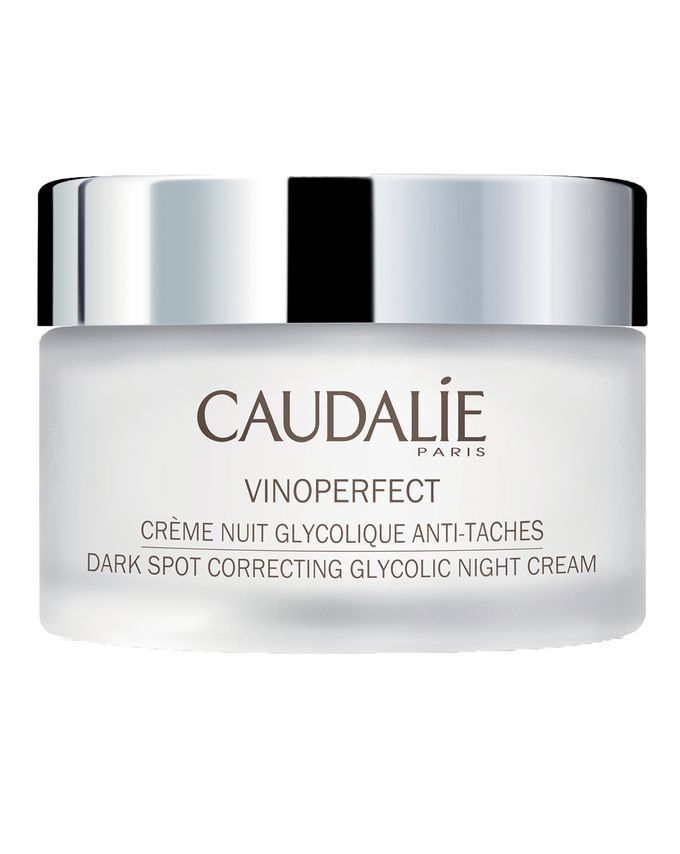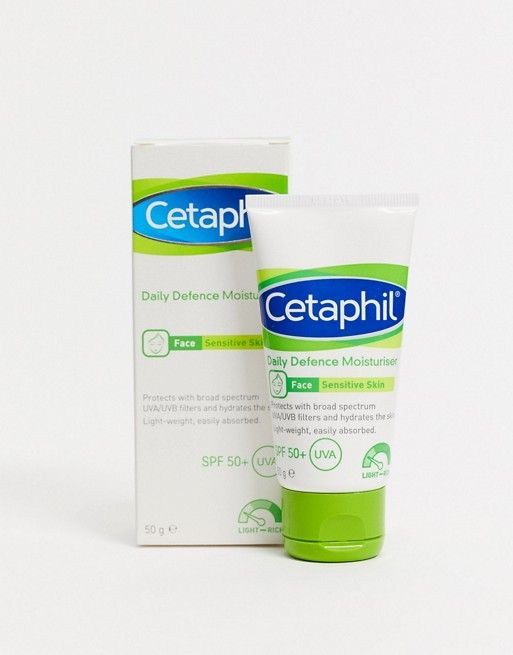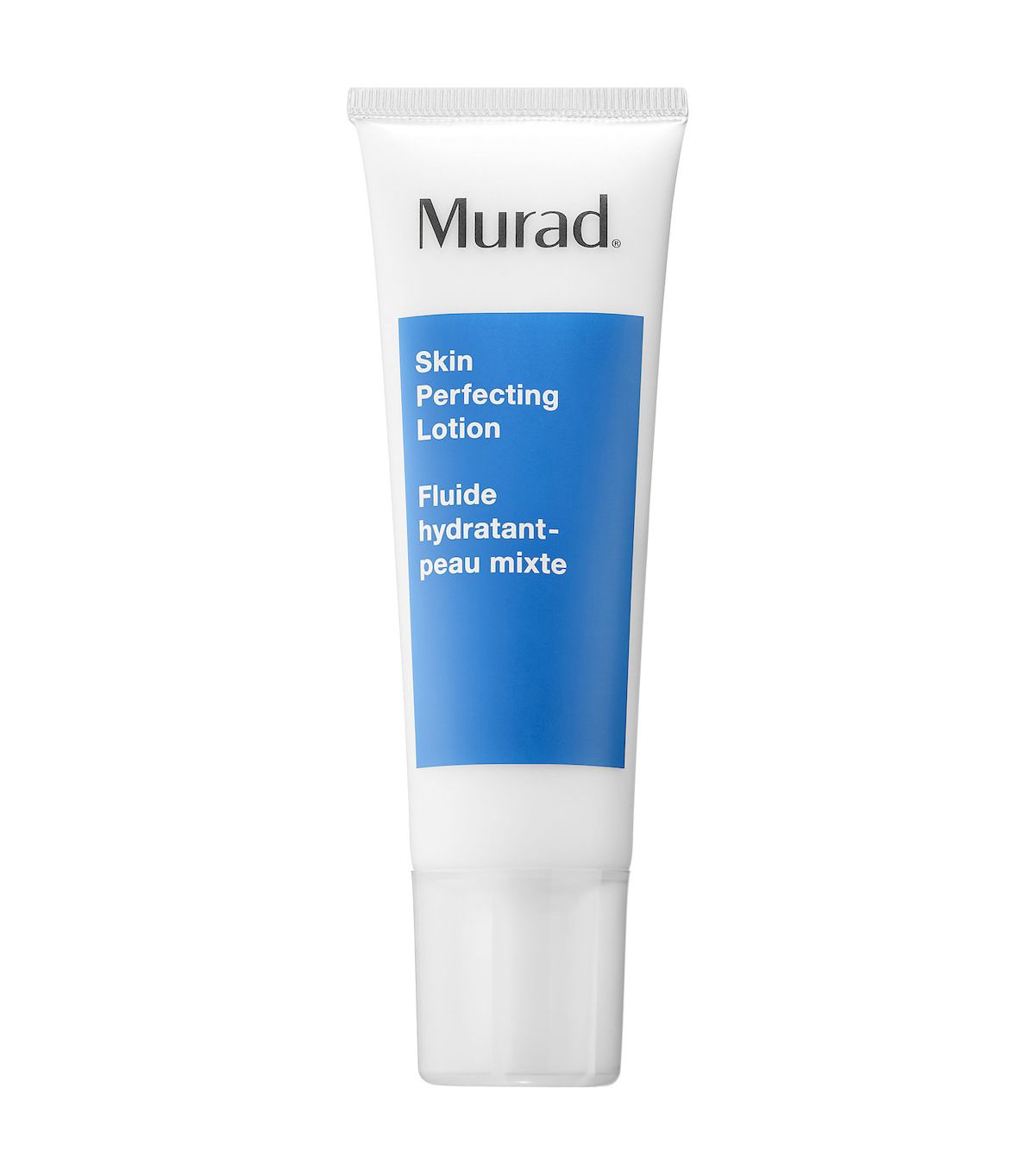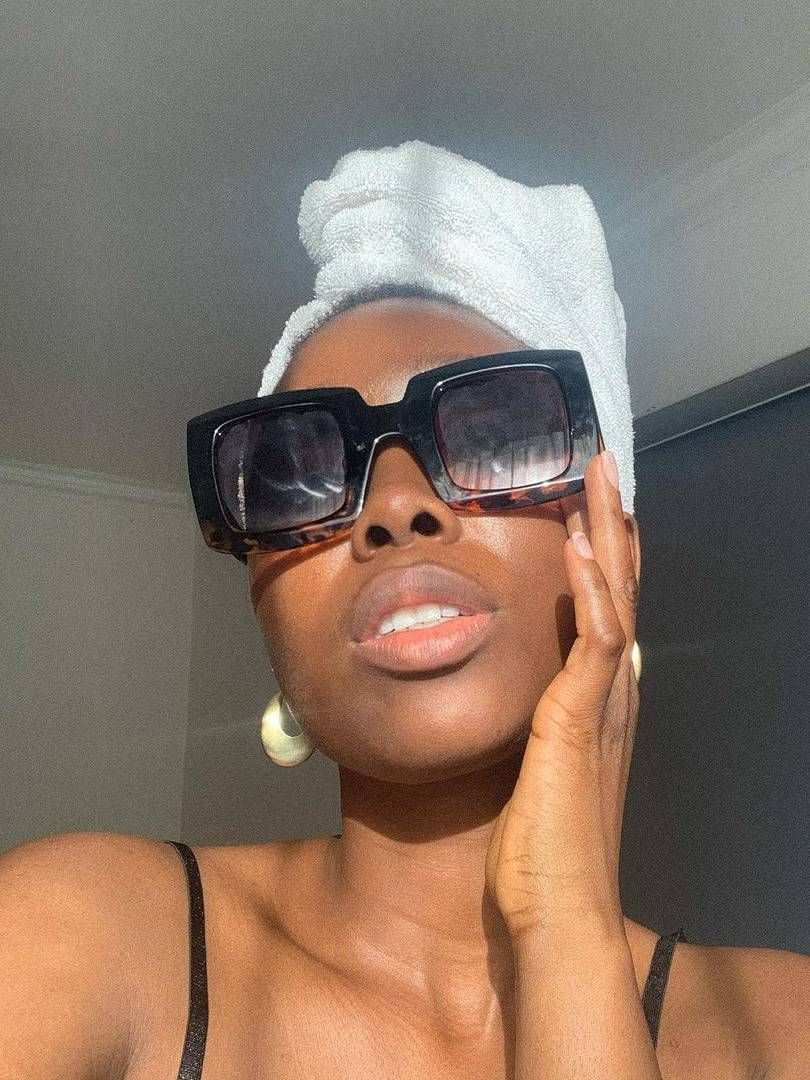
For clear, breakout-free skin, you’ll probably do anything to avoid clogged pores, which can lead to blackheads, whiteheads, and acne. Exfoliating regularly and using products that increase cellular turnover, like retinol, can help. You’ll also want to avoid any products that could clog your pores even more. And yes, there are some “helpful” skincare products that can actually make the pore problem even worse. One of those products that could be tricky? A moisturiser.
That’s right. Some moisturisers, which are supposed to keep your skin smooth and hydrated, can clog your pores. So if you have issues with congestion and breakouts, you’ll want to choose your moisturisers wisely. That’s where one important term comes into play: non-comedogenic.
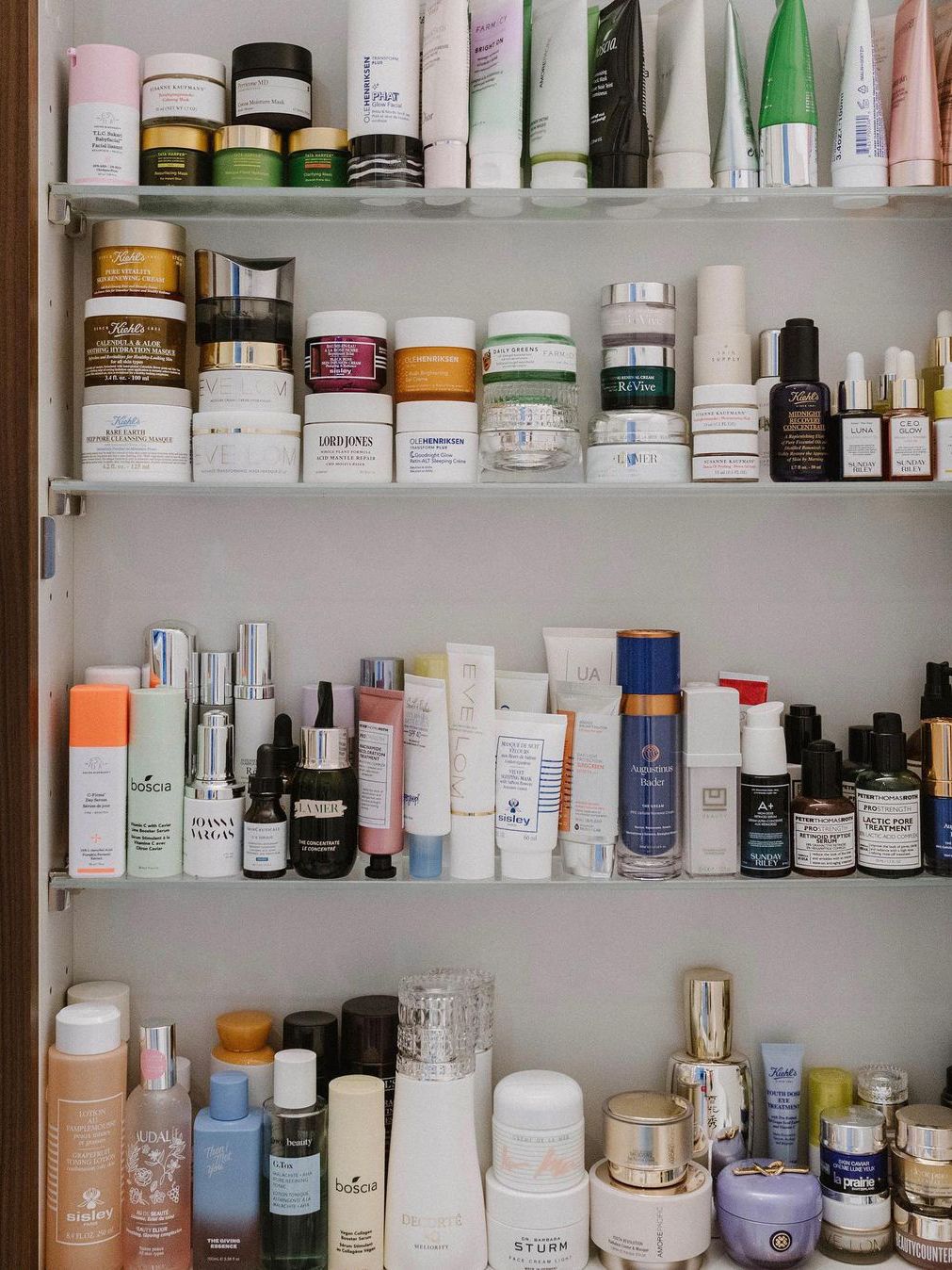
You’ve probably heard the term before and thought it sounded good for the most part but didn’t really know much about it. “Simply put, a non-comedogenic product has been tested to not clog pores,” explains board-certified dermatologist Ife Rodney, MD, FAAD, of Eternal Dermatology and Aesthetics. “That means it’s less likely to cause acne. Though, this is not guaranteed. Dirt, dead skin cells, or sebum can clog the pores, causing acne. Comedogenic products—usually heavy or greasy—can also clog your pores. It’s important to note that non-comedogenic products won’t necessarily treat your breakouts. They just won’t contribute to the problem.”
While non-comedogenic products are helpful for just about anyone, those with oily, sensitive, or acne-prone skin will benefit the most from them, as these skin types can easily become clogged, which can lead to breakouts.
So what makes a product comedogenic? “Ingredients that are ‘pore clogging’ or comedogenic are found in many skincare products and makeup,” says board-certified dermatologist Jeremy Brauer. “The list of pore-blocking ingredients is long and includes various oils, alcohols, acids, butters, propylene glycol, and lanolins. Non-comedogenic products often contain salicylic acid, benzoyl peroxide, or sulfur but can also contain other oils such as grapeseed.”
Other non-comedogenic ingredients include glycerin, hyaluronic acid, mineral oil, and ceramides.
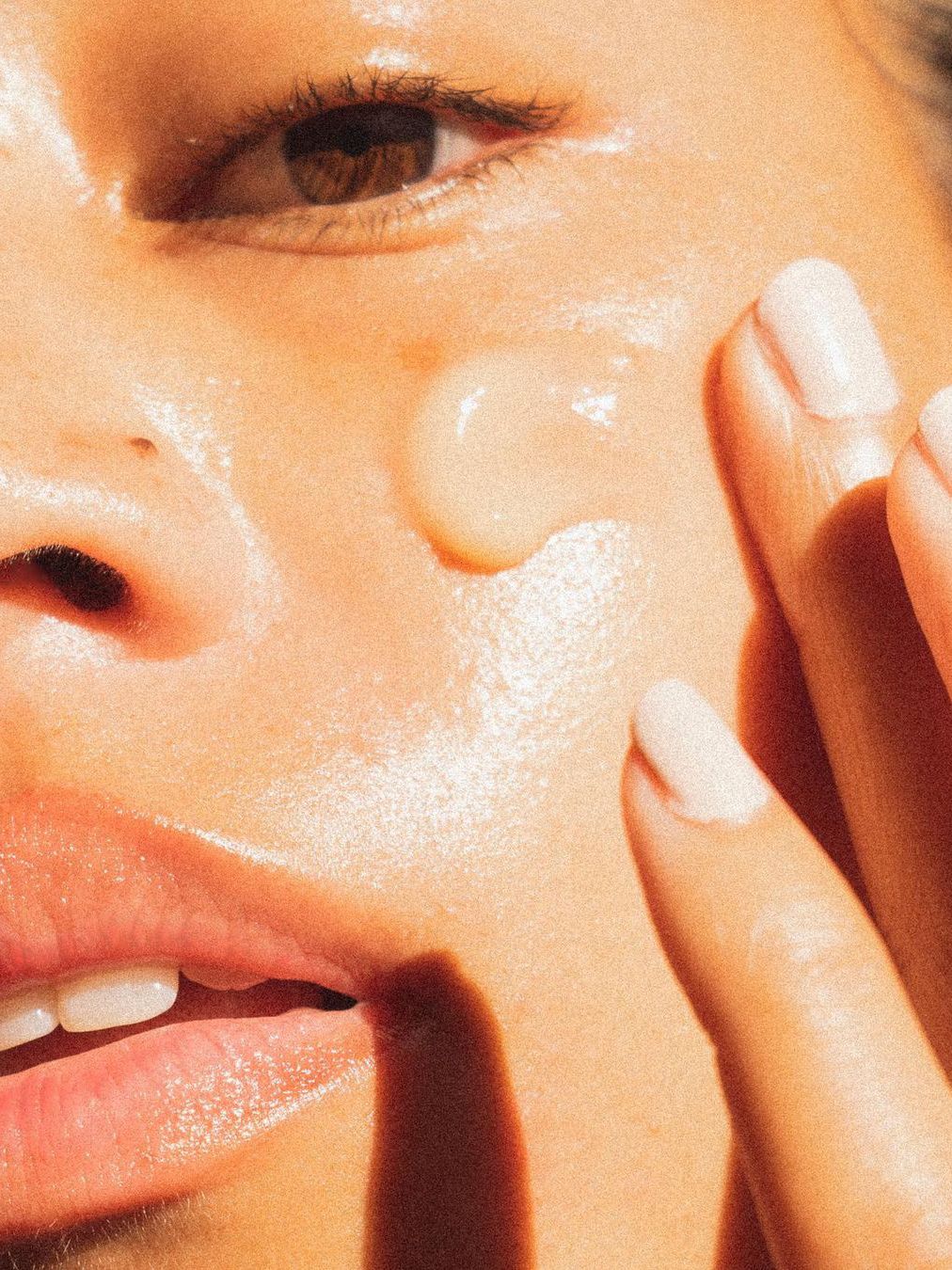
When choosing a moisturiser, most products will specify that it’s non-comedogenic, but you’ll want to look at the label, too. “Do your research first. Before anything else, you want to narrow your search down to moisturisers that work with your skin type,” Rodney says. “From there, check the label, which will state if the product is non-comedogenic. To be safe, aim for products that are oil-free and non-comedogenic. Next, check the ingredient list. Ingredient lists are usually listed in descending order in terms of concentration. If the product has some comedogenic qualities at the end of the list, it should be safe.” Most non-comedogenic products generally avoid thick oils or emulsifiers.
Certain ingredients will work better depending on your skin type. If you have dry skin, Rodney suggests looking for glycerin, hyaluronic acid, ceramides, and squalane. Oily skin types will benefit from hyaluronic acid, vitamin C, niacinamide, and/or retinol. And overall, serums and gel-based or whipped moisturisers are best instead of thick creams.
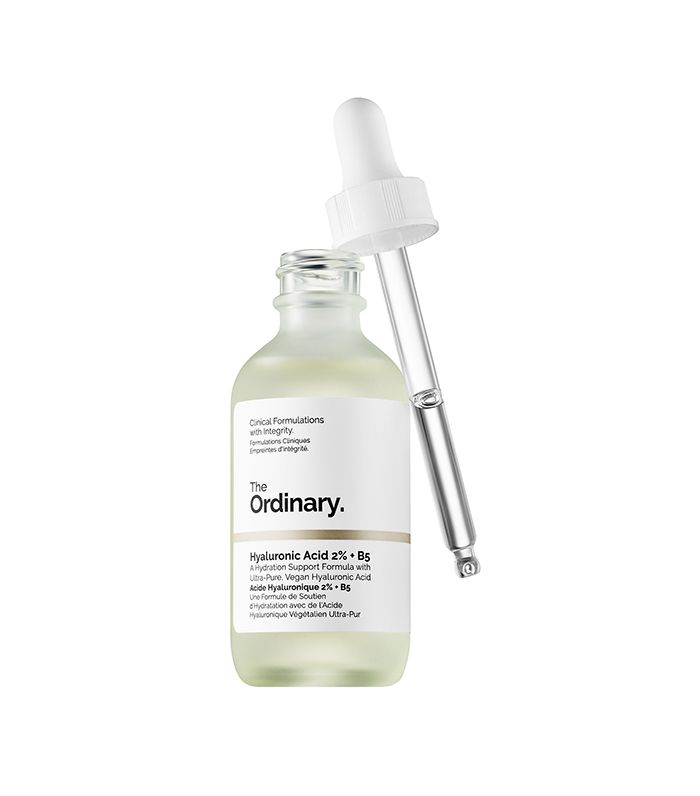
While non-comedogenic moisturisers are so helpful for skin that’s prone to clogged pores, there are a couple of drawbacks. Brauer says that products with benzoyl peroxide, salicylic acid, and sulfur can be drying or irritating, so you’ll want to be careful with those.
Another drawback is that some people will expect to have their breakout problems solved after using a non-comedogenic product. They can prevent any pore clogging, but that doesn’t mean they’re going to target acne or blemishes. “Just because it’s non-comedogenic does not guarantee that you won’t get breakouts,” Rodney explains. “If you’re seeing unwanted blackheads or whiteheads, stop the moisturiser. Then, look for signs of improvement. Some products also have side effects like dryness, redness, or skin irritation. In both cases, make sure to first test the product on a small area of your skin before committing to it.”
If you’re ready to change up your moisturiser, take a look at these dermatologist- and editor-recommended picks below.
